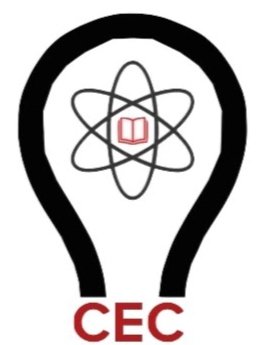By Seth Olson
The Kenyan energy system is currently in a fascinating moment. On one hand, Kenya’s widespread adoption of mobile money has allowed it to emerge as a success case for innovative pay-as-you-go (PAYG) solar companies that enable households at the base of the economic pyramid to access solar electricity. On the other hand, Kenya’s national utility, the Kenyan government, and the World Bank are pushing hard for universal access to the power grid within the decade, bringing electricity to millions but undercutting the off-grid solar market in the process. This dichotomy was the backdrop for this year’s Energy in Emerging Markets case competition hosted by Duke University.
The case competition asked participating teams to recommend a course of action for M-KOPA, the global leader in PAYG solar, to respond to Kenya’ rapidly changing energy landscape. M-KOPA has experienced exponential growth in recent years, but with the energy sector shifting underneath their feet, they face an uncertain future. The Cornell team proposed that M-KOPA implement a two-part solution that combined important financing and marketing insights. The first component was to adjust the company’s capital structure by securitizing solar home systems – a measure only recently made possible by capital markets reforms in Kenya. Securitization would provide the structural flexibility that would enable the second component: investing in a parallel pay-as-you-go home appliance business. This business, called M-KOPA Nyumbani (‘home’ in Kiswahili), would bring refrigerators, stoves, and other appliances within reach for low-income grid-connected Kenyans, helping customers make the most of their energy access. This solution rose to the top of the field, with Cornell placing 2nd in a field of 34.
For this year’s competition, I joined up with two Johnson students, Crosby Fish and Madeleine McDougall, to lay out our vision for M-KOPA. As a master’s student in applied economics at the Dyson school, working on this interdisciplinary team was an exciting, informative experience. Energized by a shared passion for sustainable enterprise, we combined my academic thought process and research background (in a line, my thesis work is about how rural Kenyans interact with credit markets) with Crosby’s and Madeleine’s b-school training and expertise in energy and international development to develop a well-researched solution that made sense for M-KOPA. Just going through the process of developing our proposal and presentation was a valuable exercise for me, and the case itself offered some great learning opportunities.
The more I learned about M-KOPA, its accomplishments, and its challenges, the more I appreciated the power of electricity access to improve a household’s quality of life. In developing our solution, I also found myself thinking beyond energy access to also consider the benefits of that access. I also learned a lot about the financial challenges of bottom-of-the-pyramid businesses and the creative solutions that firms are using to overcome those obstacles.
Advancing to the finals in Durham was the cherry on top of the whole experience. Between hearing the diversity of strong solutions and meeting other students who are passionate about using business to solve societal challenges like energy access, it’s hard not to feel excited about our generation’s potential for leading a global transition to sustainable energy systems.
I’m grateful for having the opportunity to work with my fantastic teammates on this interesting and impactful case. In my final thought, I’d like to thank the Cornell Energy Club and the Johnson community for their helpful insights and support in making our participation possible.

